By Emilie Hagen, Contributor, The Kennedy Beacon
Nothing ruins my day faster than a bad night’s sleep. The world feels like it’s ending. The walls start caving in. Basic tasks feel impossible. But we’re told to keep pushing. Grind harder. Pop the Adderall. Chug the watermelon Celsius. Power through the exhaustion because true success, “experts” say, demands sacrifice.
Financial influencers preach “there ain’t no rest for the wicked,” glorifying sleep deprivation and telling hungry entrepreneurs that the world’s most successful billionaires survive on just four hours a night – as if running on pure Cortisol is the secret to generational wealth. But the reality is, most of us need eight hours of shut eye to function. Yet, these self-made internet gurus keep churning out these one-size-fits-all motivational clips — reminding us that we have the same hours in the day as Beyoncé – fueling the illusion that exhaustion equals ambition. It might inspire some, but collectively, it is pushing Americans toward burnout.
The Centers for Disease Control and Prevention (CDC) reports that roughly one in three U.S. adults don’t get enough sleep each day. Additionally, nearly 40% admit to unintentionally dozing off during the day at least once a month.
Fortunately, now, with the MAHA movement in full flight, people are starting to slow down — prioritizing health before wealth. And clinical hypnotherapist and nutrition counselor Jeffrey Rose, a friend of Bobby Kennedy’s, would argue that, for most Americans, this change is as simple as getting a good night’s sleep.
“The word hypno is Greek for ‘sleep.’ Sleep is a subject I am fascinated by,” Rose told me last week during a phone interview, my first time catching up with him since election night.
“I care about everyone – children and adults — getting sufficient sleep,” he said, a commitment I can personally vouch for. I learned this first hand when I ran into Jeffrey the night before the election at a rooftop bar in Palm Beach.
The air was thick with uncertainty — Hurricane Helene whipping confusion through the wind around midnight. Who was going to win the election? And, more pressingly, should I order another drink?
Rose, without hesitation, plucked my empty wine glass from my hand. He reminded me of my packed schedule the next day and how much better I’d feel if I called it a night instead of ordering another round. For 30 minutes, he gave me a masterclass on sleep, passionately explaining why I’d be better off reaching for pajamas than Palomas.
“Most people try to buy you another drink at a bar — I literally tried taking one away,” Rose joked. That night, I dismissed his advice (when in Palm Beach…), but last week, I listened with a fresh perspective and saw the value in his mission — advocating for better sleep in a world that often prioritizes productivity over rest.
“Right now, a huge majority of teenagers are sleep-deprived,” Rose said, shifting focus to what he believes is a crisis among teenagers — victims of school districts with brutally early start times.
Days before our interview, Rose appeared on Fox News representing MAHA, sporting a “Vote for Bobby” pin and advocating for a policy he believes should be implemented nationwide: schools to start their days an hour later.
“I started the 16th chapter of an organization called Start School Later in Rockland County,” he told Fox. “There’s over 150 chapters now lobbying school boards and superintendents and school districts to move the start time later.” He went on to argue that there is no better reform for high school education than this.
Rose continued in his Fox interview, “You get less sickness because people are showing up with stronger immune systems. Less absenteeism, less car accidents, better sports outcomes. Everything is performed much better.”
According to the CDC, teenagers ages 13-17 should sleep 8-10 hours every 24 hours. Rose believes the sweet spot for high school students is nine hours, but with most teens falling asleep around 11 p.m waking up at 5 or 6 a.m to make it to school by 7:24 a.m, they’re falling consistently short.
Rose recalled his high school morning routine — rolling out of bed at the crack of dawn to deliver newspapers, the classic side hustle of every late 80s coming-of-age movie character. It left him yawning like a zombie for the rest of the school day.
“Teachers always said, ‘He’s a bright boy, but he’s not trying,’” Rose remembered.
“I was just tired!”
I reached out to my mother, a retired high school teacher from Upstate New York, to get her take on starting first period an hour later.
“First period was always a snooze fest,” she recalled. “The kids would shuffle in, bleary-eyed, hoodies pulled over their faces. Then by eighth period, when the day was winding down, they were suddenly wired and bouncing off the walls.”
Rose sees high schoolers caught in a vicious cycle — sleep-deprived, overstimulated, and running on fumes. He believes chronic exhaustion is a “gateway drug for teenagers,” conditioning them to rely on unhealthy habits just to function.
“These teenagers are going to Starbucks. They’re drinking the Red BullSHIT,” he said bluntly, referring to the (hyper) energy drink, Red Bull.
When the body is sleep-deprived, Rose explains, it goes into emergency mode, desperately clinging to energy. Like a drained battery, it fights to stay awake, triggering cravings for sugar and caffeine. The result? A generation wired, tired, and comfortable feeling shitty.
“You were in high school, sleep deprived and feeling horrible every day, right?” Rose asked me.
I remember it well. In high school, we’d rush to the vending machines for a late-afternoon Mountain Dew just to stay awake for extracurriculars — because, somehow, the cardboard pizza and neon blue Slushie we inhaled at lunch wasn’t enough fuel to get us through a 5 p.m soccer game.
And on the days we weren’t at practice, we were at home, flopped onto the couch, grabbing the remote and tuning into Saved by the Bell. Even that show’s theme song started with an aggressive buzzing noise — an audible jolt to wake up kids already conditioned to rush out the door, half-asleep, before the sun was up.
"When I wake up in the morning
And the ‘larm gives out a warning
I don’t think I’ll ever make it on time"
These Saved by the Bell lyrics blared as colorful, abstract shapes filled the screen, setting the tone for a show about high schoolers scrambling to make it to class on time.
Nearly 30 years later, not much has changed. In almost all 50 states, the school day still starts at the crack of dawn, forcing teenagers into the same cycle of fatigue.
In 2022, California became the first state to mandate later school start times, requiring middle schools to begin no earlier than 8 a.m and high schools no earlier than 8:30 a.m. Florida followed in 2023, with Governor Ron DeSantis signing similar legislation set to take effect in 2026, as reported by the American Academy of Sleep Medicine.
But not everyone is on board. A new bill (SB 296), introduced in January by Sen. Jennifer Bradley (R-Fleming Island), seeks to overturn these changes before they even take effect.
Beyond legislative resistance, the biggest roadblock to shifting school schedules nationwide comes down to bus routes. In many districts, elementary, middle, and high school students share the same buses, and most school boards aren’t keen on spending more money to fund additional transportation.
Rose sees this as an easy fix — with the right funding.
“The decision-makers are typically school boards, but the states could influence the process with incentives,” he told me. “They could help fund another bus. I think the federal government should do the same thing too.”
Now that Kennedy has been confirmed as HHS Secretary, Rose hopes to someday collaborate with his friend Bobby to finally push for later school start times on a national level and spotlight the importance of sleep in America.
Because, for many Americans, sleep isn’t a priority — it’s an afterthought, something that happens in stolen moments. Falling asleep has become a battle, with anxious thoughts racing through the night, making rest feel like a luxury few can afford.
“I noticed in my practice years ago, when guiding patients into hypnosis, that as soon as they reclined and settled in for trance work, about 20% of them would just fall asleep,” Rose recalled. “Not because of the hypnosis itself –– but because they were simply exhausted.”
Now, in 2025, technology has made quality sleep even more elusive. Blue light from screens disrupts our natural sleep cycles, interfering with the body’s ability to wake up at sunrise and wind down at dusk. According to Rose, artificial light from iphone and TV screens tricks the pineal gland into believing it’s still daytime, suppressing melatonin production and keeping the brain wired long past dark.
MAHA has its work cut out – rewiring bodies hijacked by artificial light, fracturing sleep cycles, and creating the tyranny of a world that never powers down. This mission isn't just about better sleep, it's about reclaiming something we've lost. Our bodies, designed to rise with the sun and rest with the stars, are now prisoners of blue-lit screens, erratic schedules, and never-ending dopamine loops. Somewhere along the way, we stopped valuing the things that kept us healthy and human.
Perhaps if botox wasn’t an option, we’d value beauty sleep again. But instead, we've swapped rest for Retinol, sleep for syringes, filling our faces with artificial youth to erase the evidence of our own self-destruction.
Before wrapping the call, I asked Rose the best ways to prepare the body for better sleep.
Jeffrey Rose’s Tips for Better Sleep:
Ditch the alarm clock and train yourself to wake up naturally.
Exercise daily but not after dinner
Cut down on sugar, especially in the evening.
Limit alcohol to one glass if you’re drinking.
Allow at least three hours between eating animal fat at dinner and going to sleep.
Turn off artificial overhead lights an hour before bed.
Swap screens for sound – listen to music or an audiobook instead of watching TV or scrolling on your phone.
If you read before bed, use candlelight instead of artificial light.
“Every day is an experiment if you pay attention,” Rose said. “Get into a rhythm of doing the same thing every day for a week.” Which one? Rose recommends everyone look into a healthy circadian rhythm.
Oh wow.
It’s 2:00 a.m. Time to close the laptop and surrender to my usual lullaby-doom-scrolling through Reddit until my eyes burn and my faith in humanity erodes.
One day, I’ll free myself from this digital purgatory.
But not tonight.
My (sleep) diet starts tomorrow.
Emilie Hagen is a Los Angeles-based comedian, podcaster, and investigative journalist exploring entertainment, internet culture, and modern media’s impact on society and mental health. Drawn to disruptive thinkers, she amplifies voices challenging outdated systems—poking the matrix until it glitches.





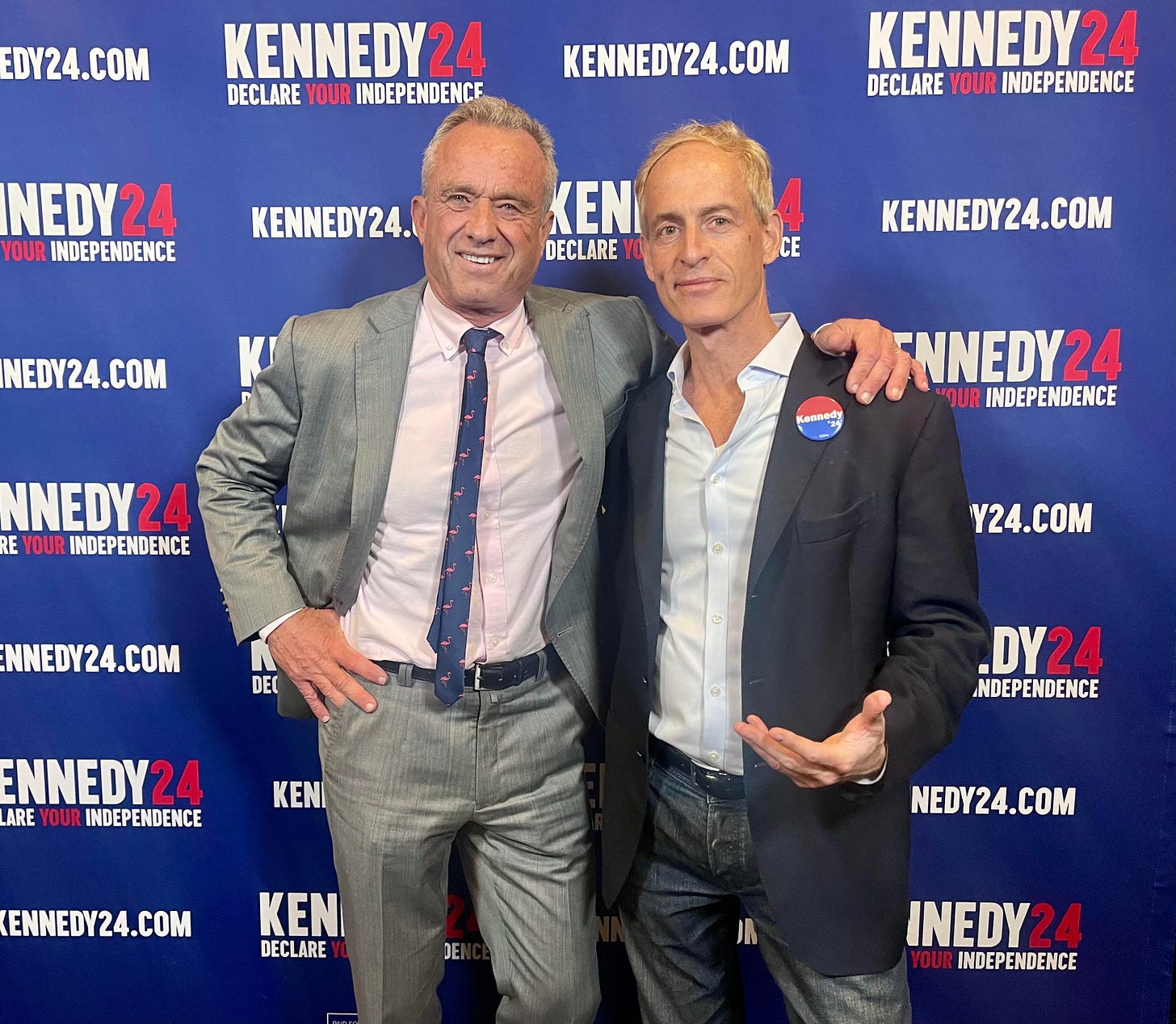
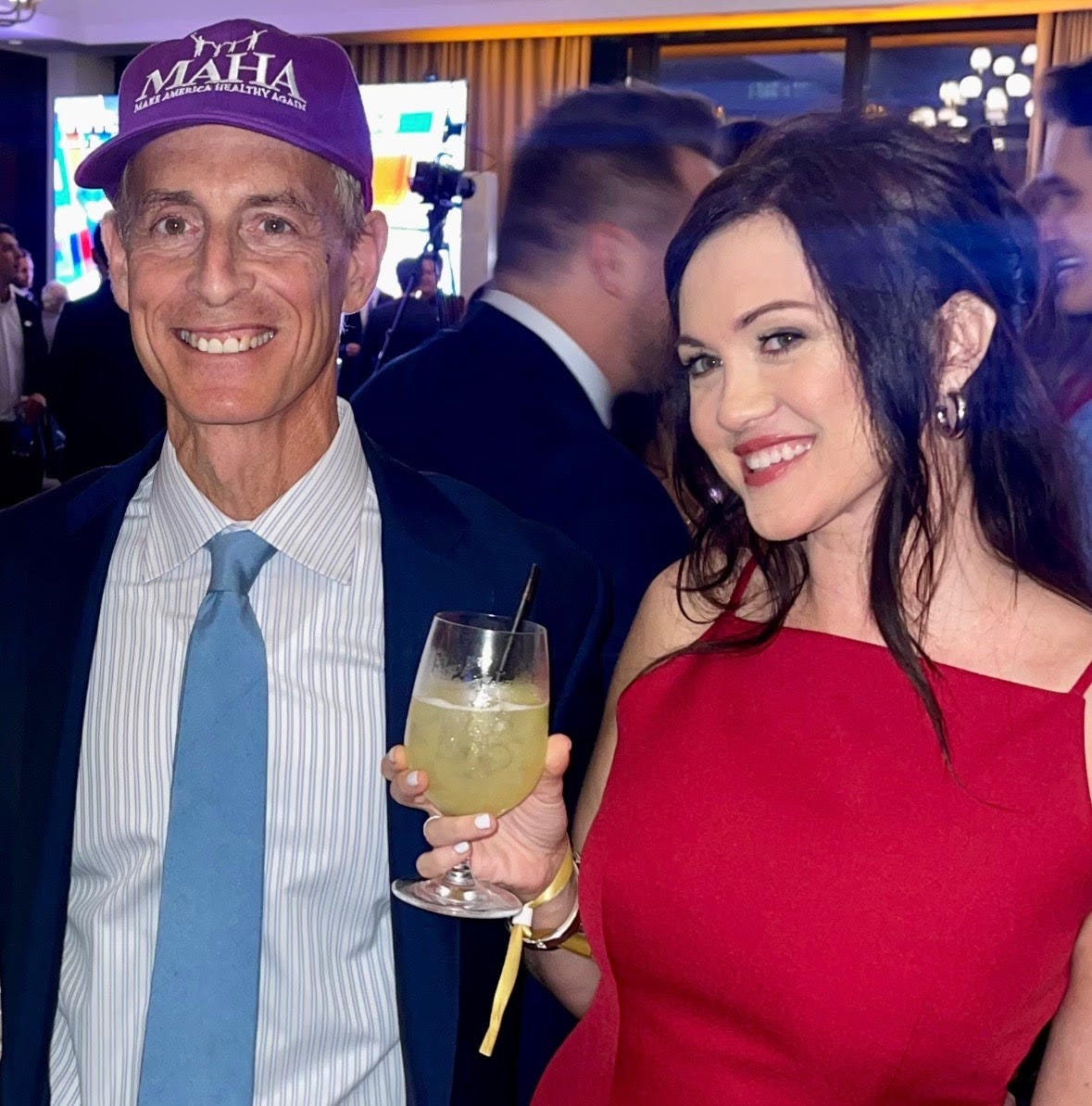

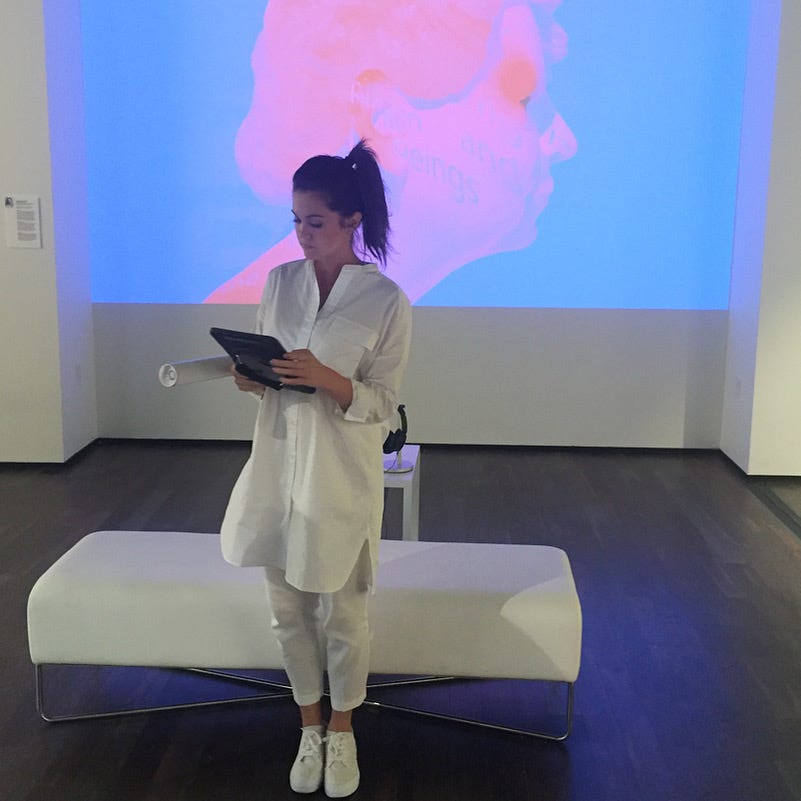
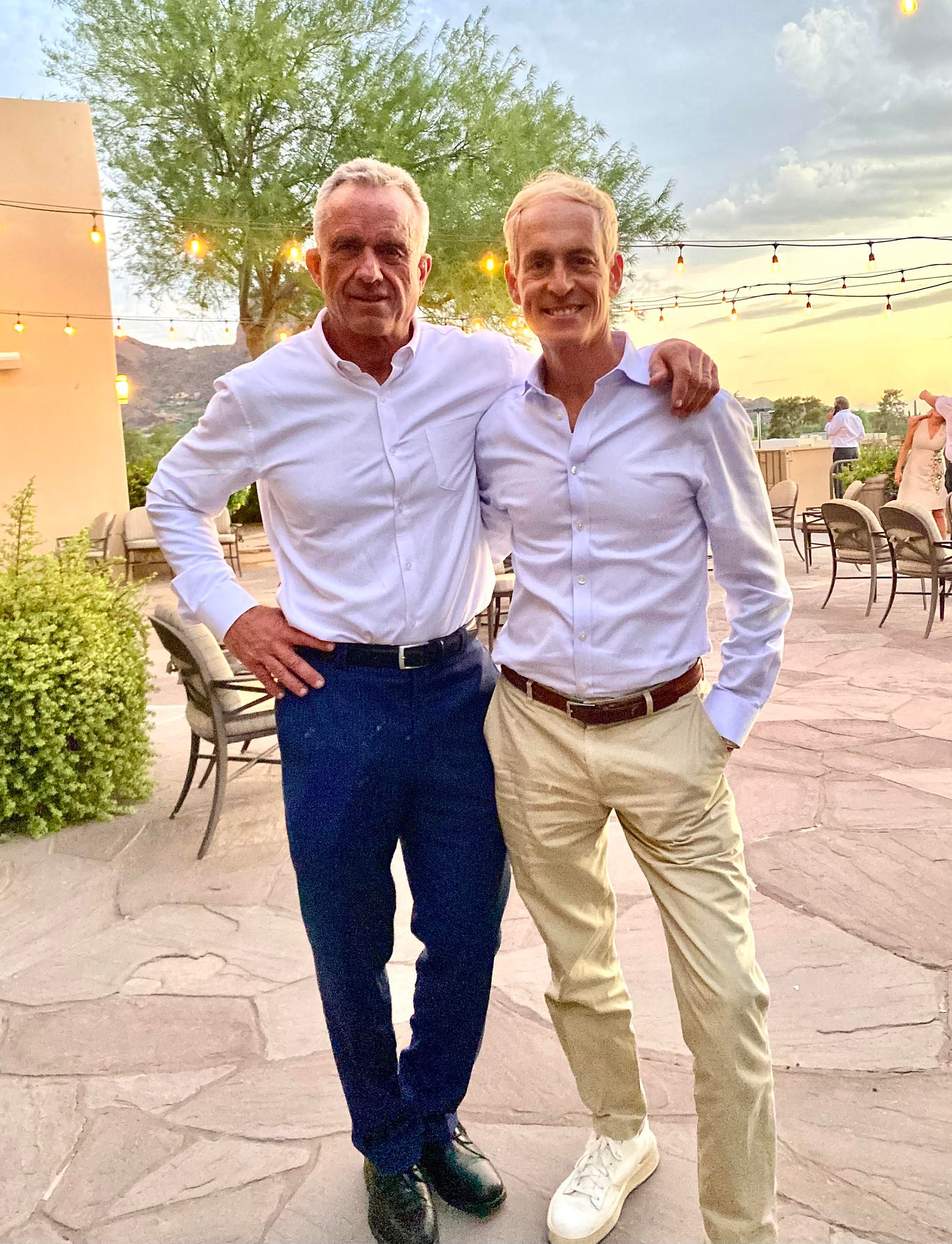
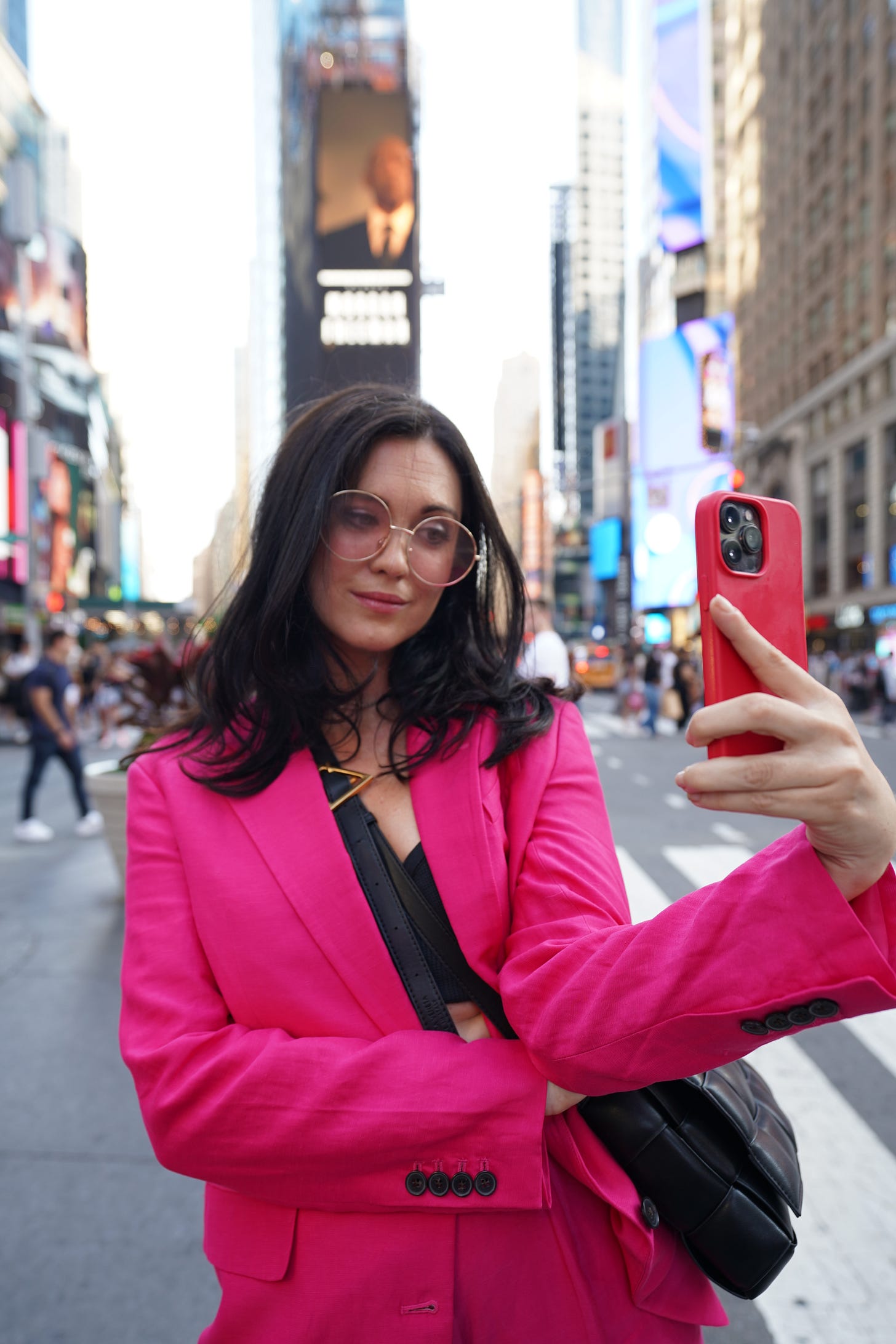

Love the idea of later schools starts. That would really help the highschoolers. Could the new leadership put a halt to the twice yearly time change? I think that would be helpful, too.
LOVE THIS a part of my practice to wake up early every morning, drink water and do some yang exercise right away eat a healthy breakfast and stop eating by 6 PM get off the screens and takE IN the sky